I’ve had some time to play through this tactical RPG and experience the story and its mechanics in full. Here are my thoughts.
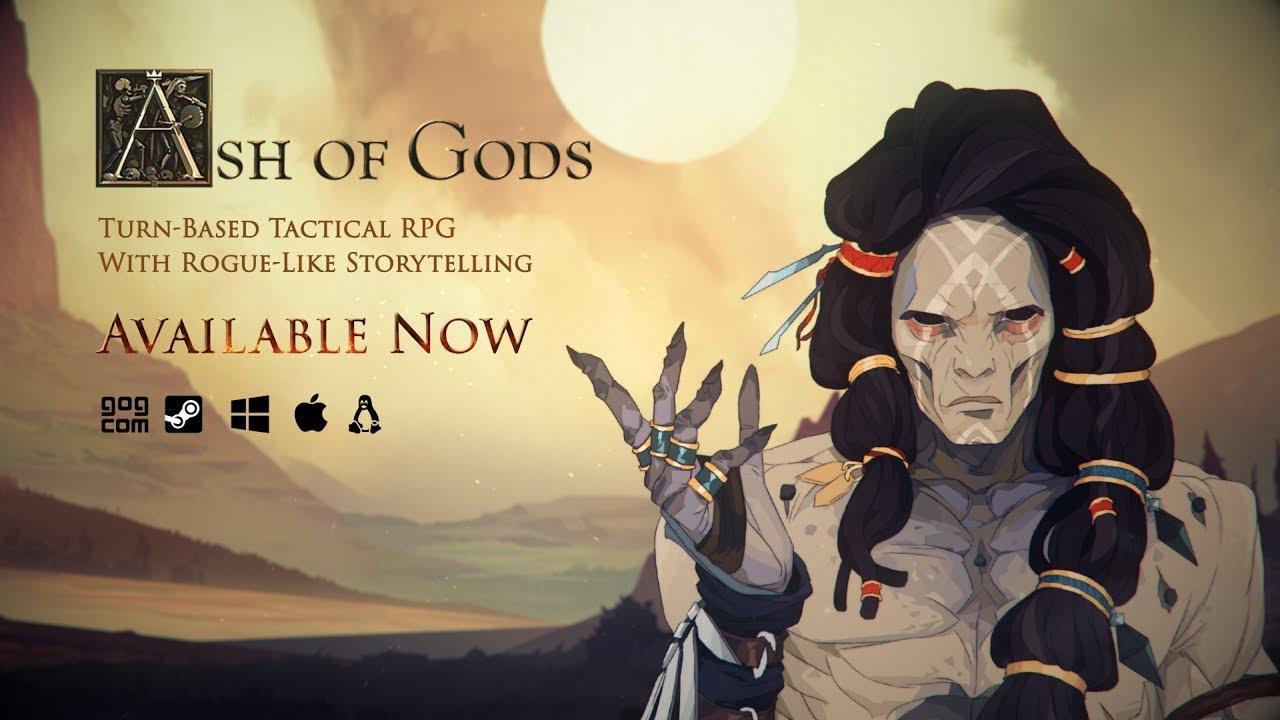
Direct Link
Note: Key provided by GOG
Ash of Gods: Redemption [Official Site] is a tactical RPG that sees different teams of characters with an interwoven fate travel through a fantasy setting where a horrendous event known as a reaping is taking place, causing madness in people, the appearance of strange creatures and war between nations. Players are expected to manage their scarce resources as they journey from one place to another, trying to make sense of what their role is in this world-ending conflict.
Upon first impression, it’s hard not to get swept up in the atmosphere of this game. The art is beautiful and everything from the large world map to the smooth animations during combat are a pleasure to behold. The music comes in appropriately epic and exotic, driving stirring melodies that set you in the mood for the epic and harsh adventure that you embark upon. These are the absolute high marks of the game even with a few reservations: player models remain unchanged throughout the whole game, so you get silly things like a character with an unsheathed sword or with flecks of blood on his face in situations and dialog where it really wouldn’t make sense for that to be so.
The rest of the game, however, is something of a mixed bag. You’ll spend most of your game time traveling across the map, visiting new locations and choosing routes that lead to both battle encounters and dialog with choices. The choices you make when talking to people or confronting situations will affect not only how the current situation might play out but how future events might unfold. The problem is that it’s not ever really clear how these choices might affect things.
It may take multiple playthroughs to get an idea of how some things are interwoven but there’s so many ‘important’ choices (marked by a little symbol in the dialog window) that it seems madness to do anything but hope for the best whenever you pick something. There just isn’t enough feedback to let you know when you’ve chosen something that might sometime later kill off a party member without you being able to help it, for instance. Or that a certain choice of item or companion can mean certain opportunities being available down the line. There’s no saving except for auto-saving so you can’t even really bookmark the most important points of the story and pick up from there whenever you feel like it.
This is a problem that’s further compounded by the atrocious writing. I’m not sure how much of it is actually bad and how much of it is a poor English translation. The result is the same. You get weird phrasing and use of language in dialog that can take some divining to make sense of. And, well, it’s hard to read the tone that characters are going for as they seem to fly off the handle after innocuous phrases other people have said or respond in other ways that seem inappropriate for what’s going on. This extends to some of the choices you make and it’s sometimes impossible to get a feel for what the choices actually mean.
Tying in to that, is the poor companion loyalty system. It’s not ever really clear what choices will raise or lower their loyalty to you and your cause. I found myself stumbling through, picking options that seemed reasonable only to find that somehow it was taken harshly or was a matter of grave offense. There’s limited opportunities to talk to party members on the road (usually at camp) or at major destinations so whatever happens in your relationship with them almost seems like a matter of luck. As I mentioned earlier — you can lose party members due to choices, so this system can feel stupid and unfair.
Though probably not such a big deal compared to other shortcomings, the game also lacks any sort of way of keeping track of all the information you’re told. Other RPGs tend to have journals or compendiums where you can check out lore about the setting you’re in and the characters you meet. There are entries for companions but they are static and written usually as if from the government’s perspective, which isn’t so useful when you want to know how they’ve reacted to events and your choices. But more than that, it’s easy to get overwhelmed by all the names of locations and characters as well as the plot details that are revealed to you in a slow drip. I would have appreciated little entries that let me know who these factions were and perhaps a bit more about the world’s history as characters talked more about it. There isn’t even a way to see previously read dialog, as far as I can tell. So if you advance the text accidentally, there’s no way of knowing what the previous line was.
The actual plot, mangled as it was by poor exposition and wording, was enticing enough for me to compel me keep playing. There’s a lot of interesting fantasy concepts going on with witches, otherworldly beings like the Umbra and the calamity of the reaping that you slowly learn about as you play. It’s definitely a fresh take on a fantasy setting compared to other games and I appreciate the great effort that was put into the world and the inspirations from folklore. Some of the characters are likewise interesting but the poor dialog makes it hard to ever truly enjoy them.
From time to time, due to plot developments or encounters on the road, you’ll have to fight a battle. Characters are divided into classes and you pick out a squad you think is appropriate. This portion of the gameplay is turn-based and tactical, making your units fight the enemy on a small grid. Ash of Gods tries to change up this old formula with two main things: cards and a strong emphasis on abilities.
It’s a workable system once you get the hang of it but when you’re playing the game for the first time it can be incredibly frustrating. There are uneven difficulty spikes as you go along and not enough room for mistakes and experimentation. You simply don’t get enough cards at a regular rate to try out different combinations and there’s no real breathing space to try out new tactics or companions in practice or optional fights. You’re working against the clock, as it were, in the main story mode with limited resources that are constantly being used up and seldom replenished. You simply can’t afford to buy every card shard or item you find and even resting to heal wounds between encounters has a cost in both time and materials that can bite you in the ass down the line. In fact, you may have to allow characters to become wounded as your supplies dwindle and there’s not enough to go around. It’s really sink or swim until you can earn enough skill points to make characters viable to take on enemies.
My biggest pet peeve with the combat system, however, is how it treats turns and units. Each ‘turn’ finishes only when every unit from both sides has moved. You get to pick in which order you move your units and for every card used or unit that you move, the enemy gets to move or use one of theirs. However, if the number of units on either side is mismatched, the side with less units gets to move its units again once they run out of unmoved units. Effectively this means that as you whittle down numbers of the opposing side, the side with less units will be able to move the same ones more often. Which makes basic things like positioning and range, pretty important things in tactical games, kind of meaningless. Units without armor buffs that were previously out of range can get hammered by the same unit over and over again while you are forced to move the other unmoved units you have instead.
It’s even plausible to take out large groups of units with a single unit on your side, just because you get to act between every enemy action. One of the three groups you follow plays out their battles like that, in fact. It’s my opinion that this battle system is kind of dull as it encourages you to play your best abilities with the smallest amount of units all the time without that much care about positioning. There aren’t even things like flanking bonuses or cover. It’s simpler, sure, but makes the battles same-y slogs especially since it’s so uncommon to be able to get new cards or really game-changing items that you can equip to characters. It’s the sort of thing that probably works out to be much better in multiplayer than the singleplayer portion of the game.
As you might guess from what I’ve said so far, both the traveling around the map and combat feed into each other. Due to the reaping, characters are basically cursed and require strixes to prevent themselves from succumbing to the madness. If you don’t have enough for your party, they gain a wound. If they fall in combat, they gain a wound. Four wounds and they die forever. Resting gets rid of wounds but costs strixes and takes up a day. As you travel, you consume them. And it’s rare to get any more and you usually have to spend a lot of gold on trinkets that provide small amounts. It should go without saying that free heals are rare. So you’re constantly under pressure not to have your units get wounded or spend too much money on items that can help you out instead of strixes, which isn’t easy given the uneven difficulty of encounters.
The various paths you can choose from also have different challenges and lengths and it isn’t always obvious what you may face. Some of that is random, as are the outcomes, which means more replay value but also that the game can really kick you when you’re down. Some things in the game happen differently if you reach places by a certain day as well, so there’s even less reason to stop and smell the proverbial roses. This breakneck speed can be frustrating until you have a good core of units that you can simply power through the rest of the game with.
One of the characters you control for a portion of the game also finds himself with the dilemma of dealing with a different curse. It weakens his stats and fighting abilities as it progresses with limited opportunities to bring the curse level down. It’s far more likely that you’ll get an event that makes you choose between making the curse stronger or making the reaping stronger. If you pick the latter the game difficulty goes up, leading for more challenging encounters for all the parties you control. So there’s even less reason to take it easy. This would all be fine if there was a feeling of tangible progress and accomplishment as you play. Instead, as you get more powerful, it just feels like things get a little less awful.
I should mention that there is a casual story-focused mode as well. But it has problems of its own. It gives your units massive buffs that make your characters overpowered and you get ample resources but you’re still forced to fight battles. Sure, you can get the game to play itself without your input in this mode but you’re still forced to sit through every turn of the action instead of skipping fights altogether. It slows down the pace and still makes it so the battles feel like a slog. It would be nice to have this mode forgo battles altogether and instead get a middle difficulty which allows you to enjoy battles with better odds and resources but still have them have some meaning.
Without getting too specific or into spoilers, I also have to complain the way the game treats its characters and the conclusion of the story. It’s a harsh setting and there’s a lot of death and loss but the final acts and when the three groups finally converge seems almost anticlimactic. One of those groups tends to be entirely superfluous to how the last events play out and none of their characters actually contribute anything meaningful to the last events. There’s no payoff, in short and certainly no epilogue that actually tells you what happens to the cast that you’ve gotten to know. Even brief one-liners before the credits as many other RPGs do would have been better than the whole lot of nothing that most everyone gets.
Some of this is due to how the game was created, with the original crowdfunding campaign failing to reach its stretch goal for that third group of characters. Developers took extra time and money from themselves to work it in, anyhow, but I think that this is a lesson that sometimes less is more. Their journey is ultimately pointless in the grand scheme of things since the main resolution comes from the other parties. Which is a shame since I found some of the characters of that party to be interesting and would have liked to have seen proper development or story consequences for them. But since that wasn’t possible, cutting that could have meant more development time for other parts of the game that might have ended up more engaging or polished.
On the technical side of things, the game was stable but I did encounter a few minor bugs. Like an event that fired off twice on the same route, with the exact same choices both times. Another issue I had was a lack of audio in the occasional full motion videos but I suspect that that was due to missing libs on my install that I didn’t bother to fix but is probably fine on Ubuntu or even Steam with its runtime libraries (I think it’s libfmod that was missing). These cutscenes are short and rare and can be played directly from the game data directory —they’re just webms — without issue so it didn’t bother me much.
So, would I recommend Ash of Gods? I’m not sure I would for most people. It’s a great bleak fantasy setting with many interesting narrative elements and fantastic visuals and music. That isn’t enough to offset the unengaging tactical combat nor the harsh gameplay that doesn’t have much in a way of payoff. Both the language issues I’ve pointed out as well as the gameplay will be tweaked by the developers in the future (already some of the patches on Steam which haven’t made it to GOG yet have addressed some words and lines) but I’m not sure just how far they’ll go to fix things up. For what it’s worth they seem to have good communication and dedication to the game.
However, a review is about the product you get now not the something that it may become in the future. So if you’re looking for a good tactical RPG to play this isn’t it. And if you're looking for a good narrative-heavy adventure, you’ll find drops of enjoyment and character development behind a deluge of awkward dialog, poor phrasing and questionable use of language. It may be better in languages other than English for all I know. If these issues are ever sorted out then, I could see myself leaning towards a significantly more positive recommendation. Until then, it’s probably best to stay away.
But I did not hear nice things about the English translation from any source. And if that is (as it seems) at least partly due to bad writing in the original language...
I'll wait for a few patches and then check it out, maybe.
I think this might go on my "On-sale only" list.
After reading the beginning paragraphs, I was thinking I'd like the game more than you sounded like you did. However, once you started talking about the combat, I didn't think I'd enjoy it anymore.
That said, Nyarlathotep also has good points. The game is only $20 on release day with Linux support right out of the gate. I don't really want to feel like I'm donating $20 and getting this game as a trinket, but it might not be a terrible idea for the generous.
... if the number of units on either side is mismatched, the side with less units gets to move its units again once they run out of unmoved units.
Wait---what? What sort of [Harrison Bergeron](https://en.wikipedia.org/wiki/Harrison_Bergeron) space-time continuum is this game supposed to take place in?
I could overlook the wooden dialogue as being the product of some "other world," and I could----with a bit of effort---justify the inscrutable dialogue outcomes as reflecting the often inscrutable nature of life itself. But that bizarre combat mechanic; that would be like having a jumping spider trapped in your spacesuit helmet---nothing fatal, but skull-fuckingly distracting.
Here's hoping the overhaul the combat system, then, so I won't have to wait to buy it for $2.00 at the 2023 Steam Christmas sale.
You will help us greatly, please, if you point directly, just pictures where the problems are the most obvious - we have performed a full correction of the text by two literary editors in London and New York and all the comments that we sent to this early proofread were often written off to "literary preferences. " We are not native speakers, sorry, help us understand where and what is done in particularly poor language.
Last edited by Salvatos on 28 Mar 2018 at 11:59 pm UTC
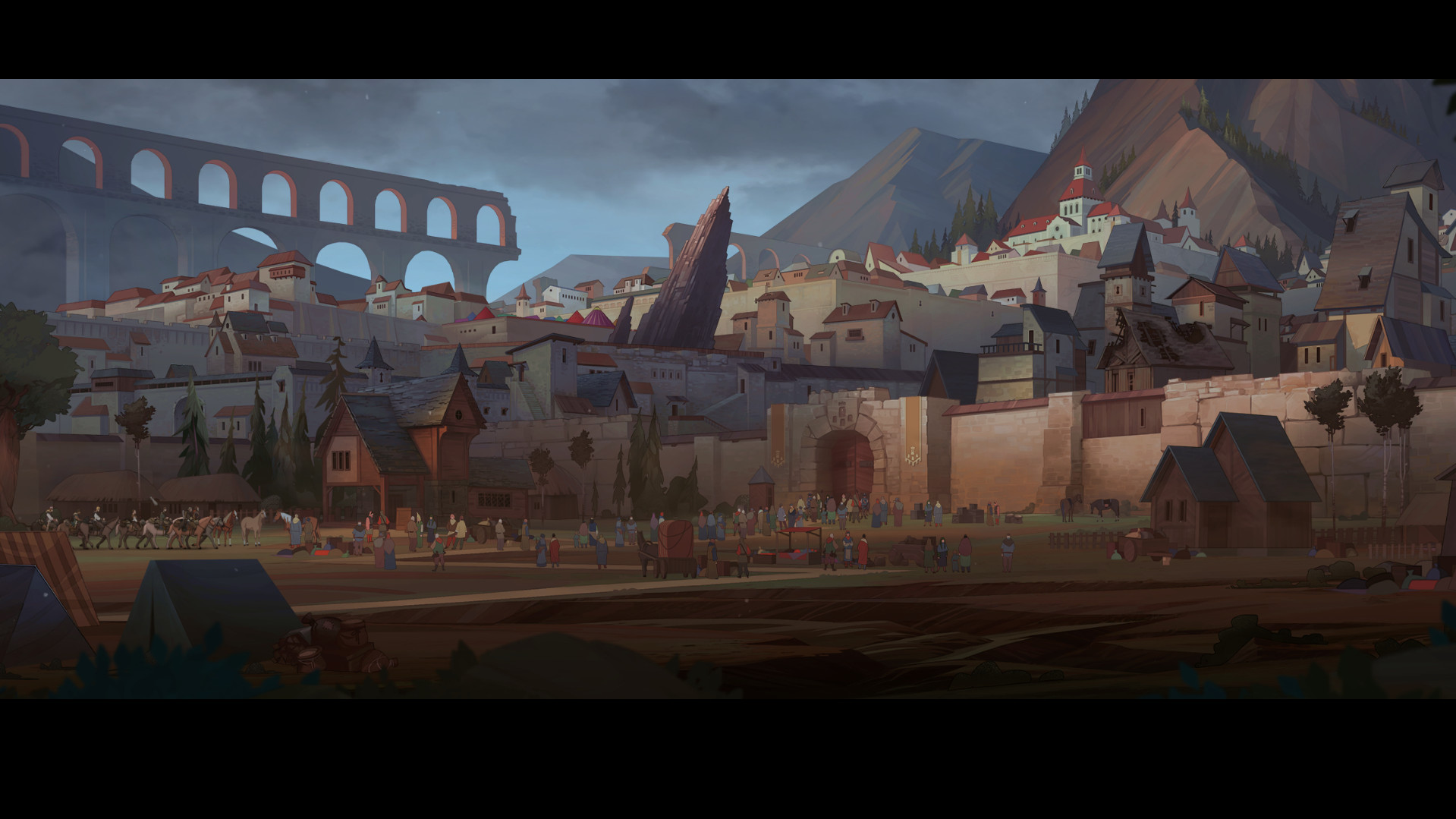
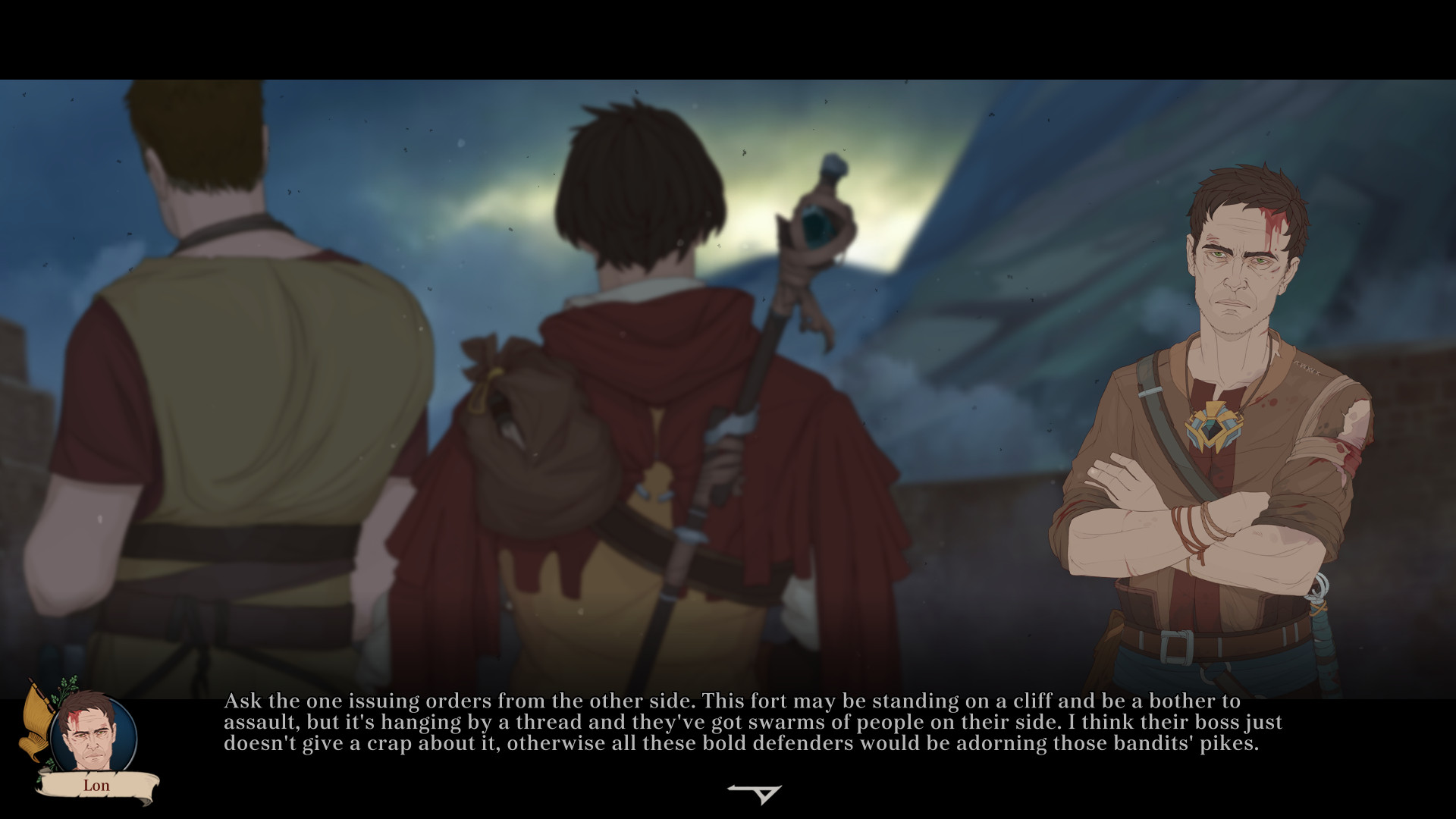
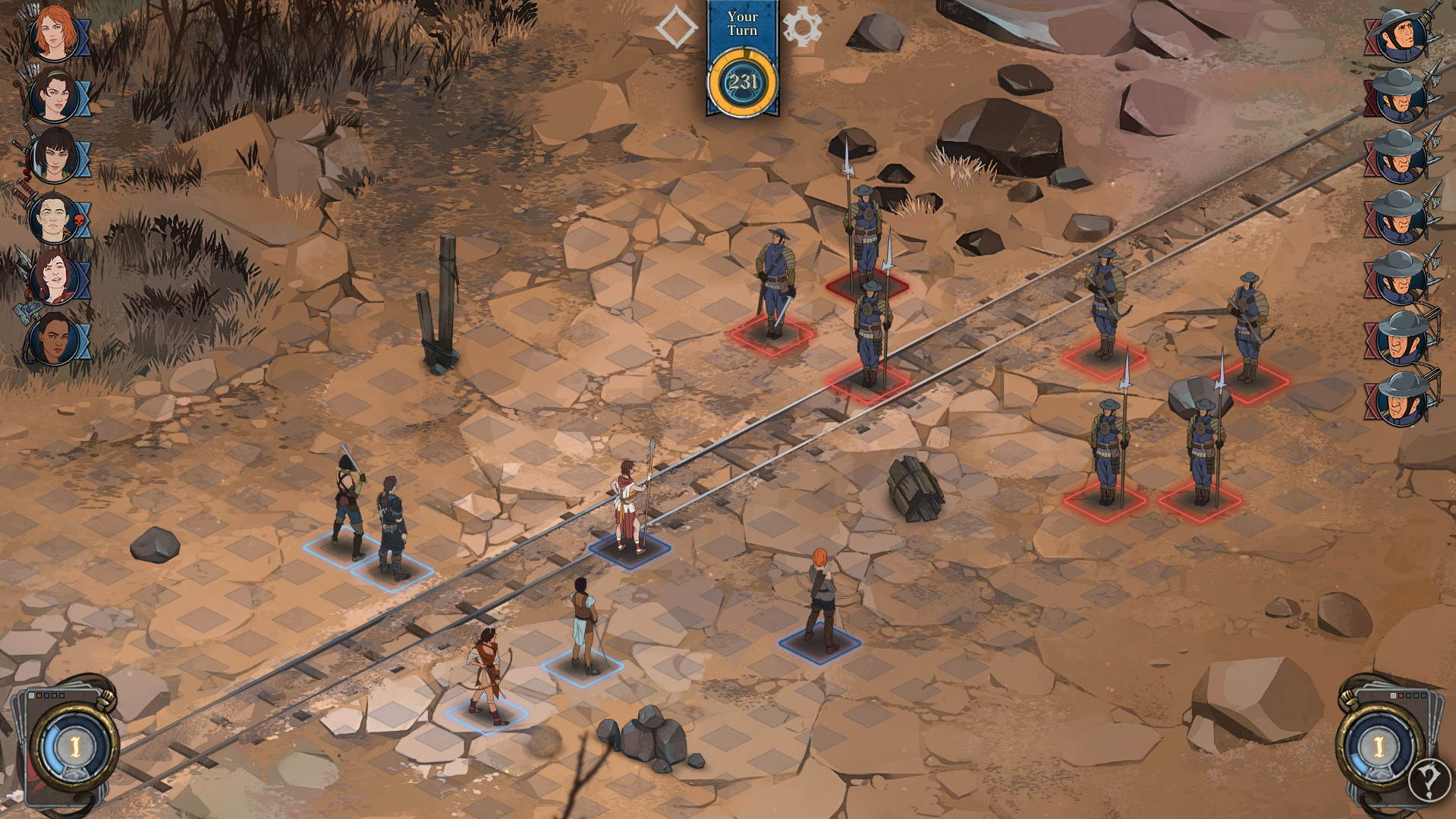
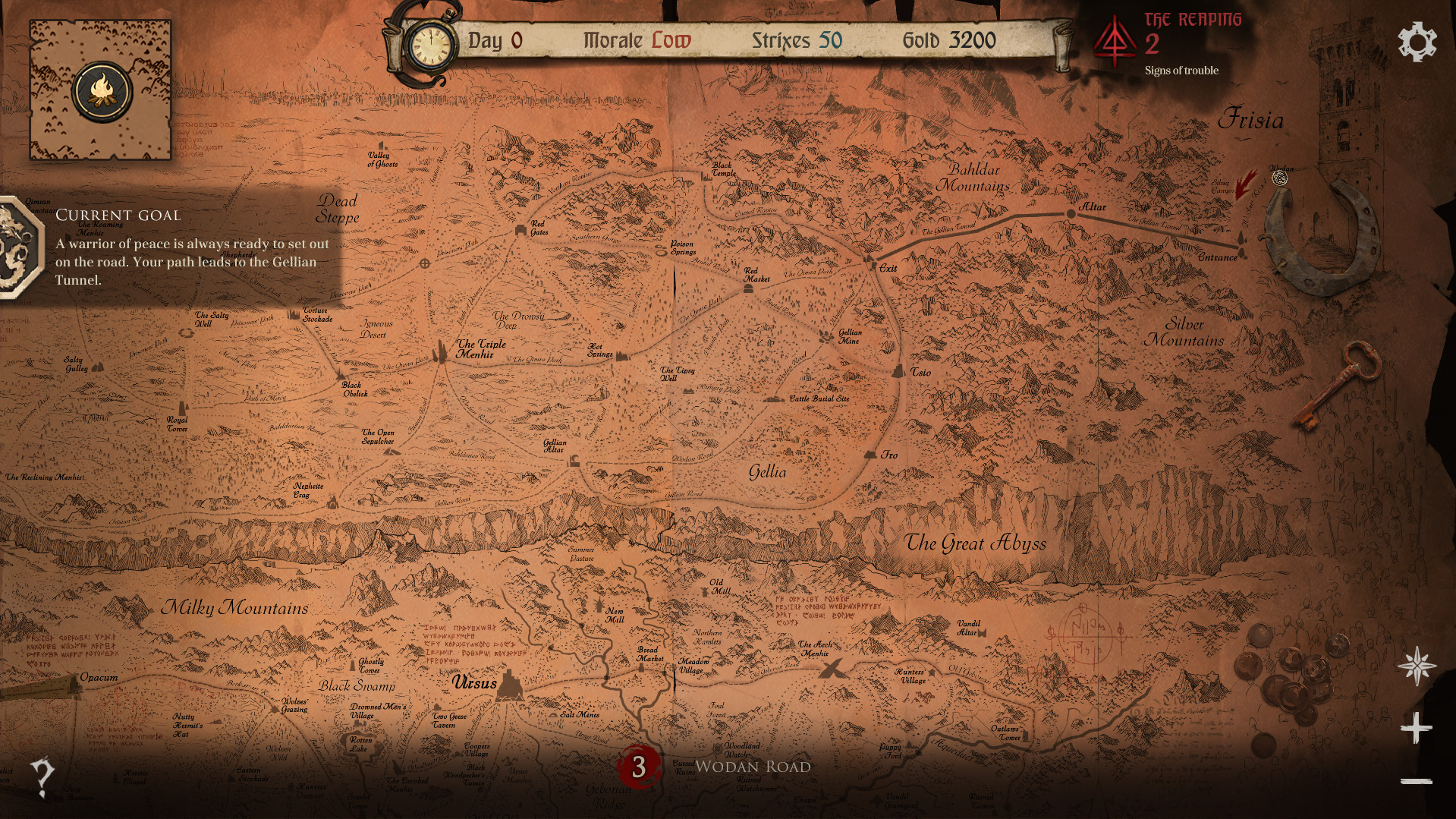
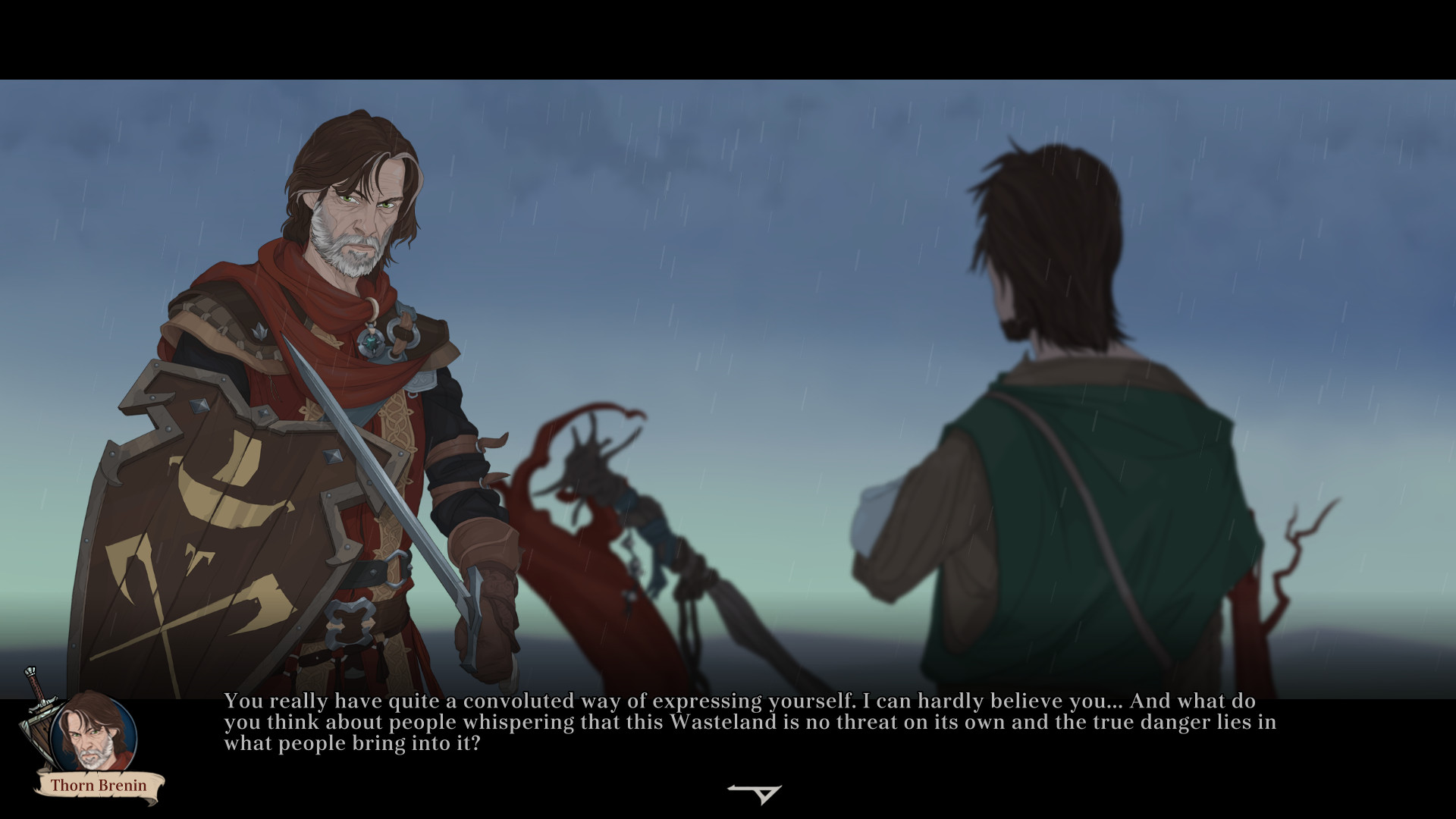
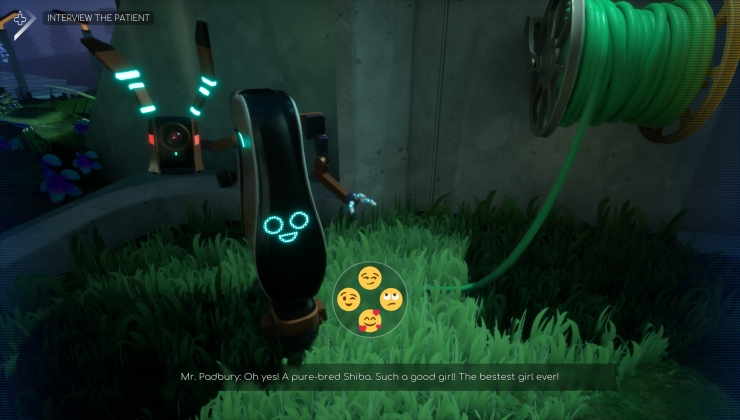
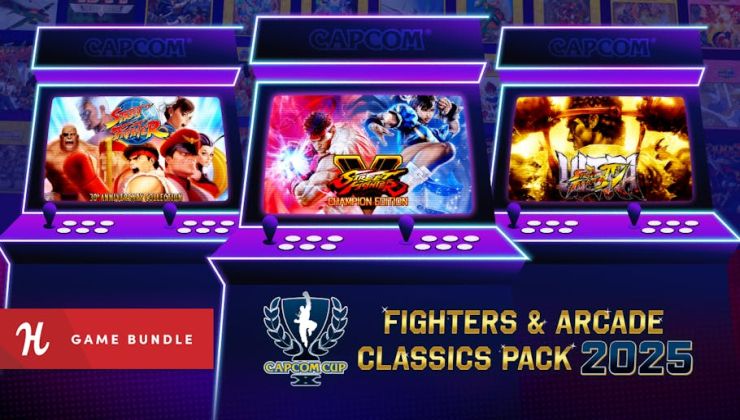
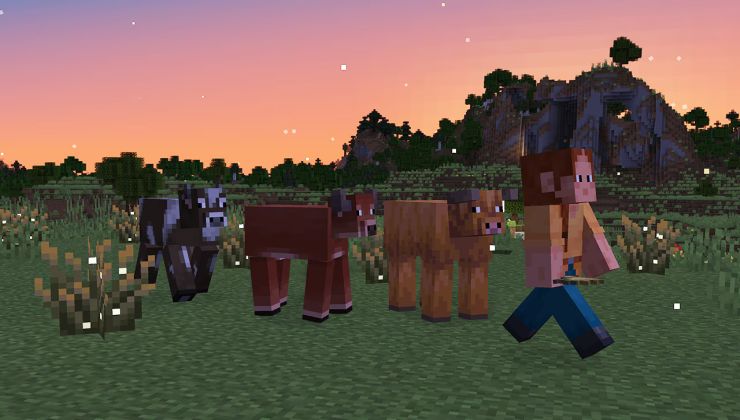
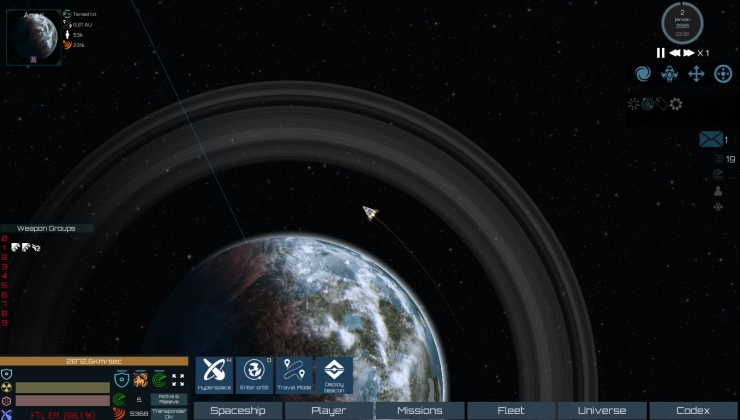







 How to set, change and reset your SteamOS / Steam Deck desktop sudo password
How to set, change and reset your SteamOS / Steam Deck desktop sudo password How to set up Decky Loader on Steam Deck / SteamOS for easy plugins
How to set up Decky Loader on Steam Deck / SteamOS for easy plugins
Oh and the name doesn't mean anything but coincidentally could be pronounced as "Buttery" which suits me just fine.
See more from me